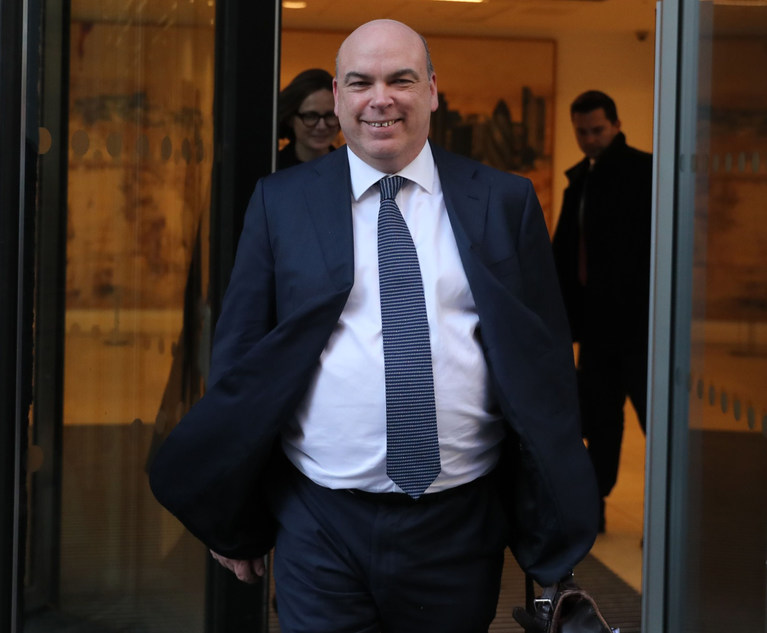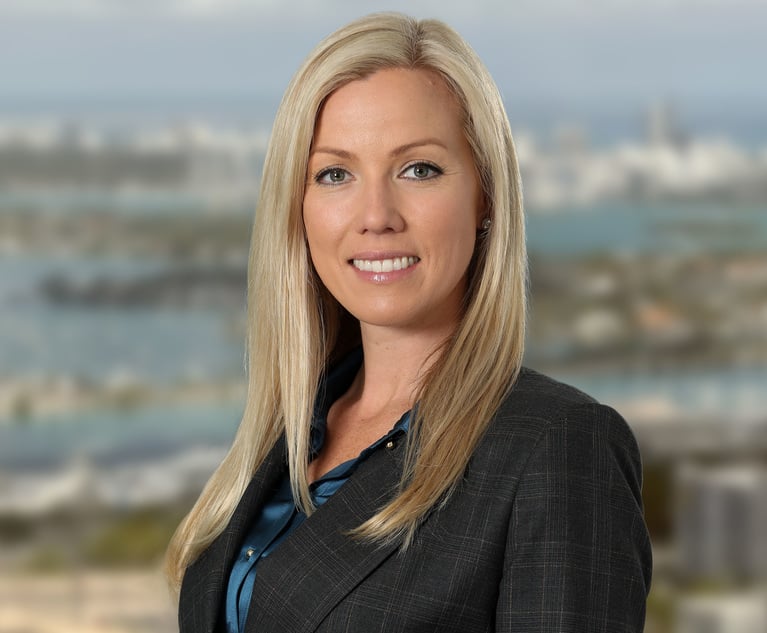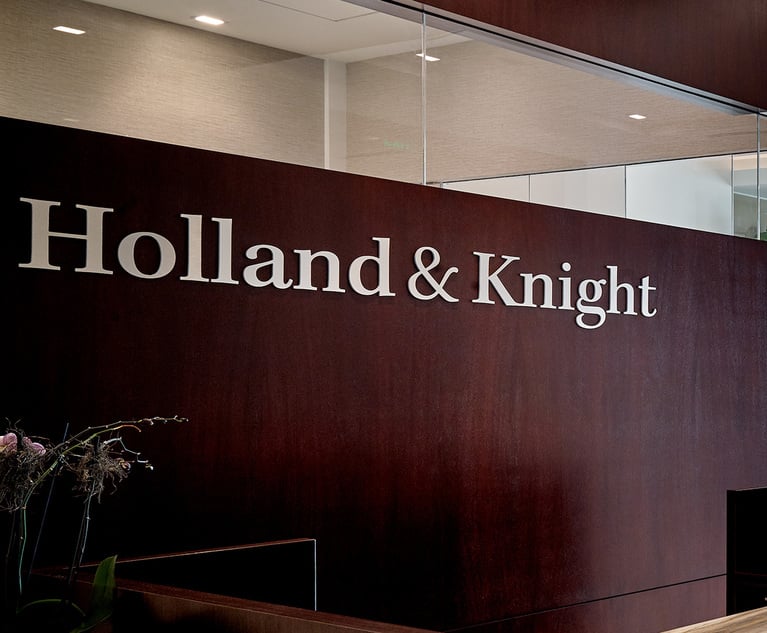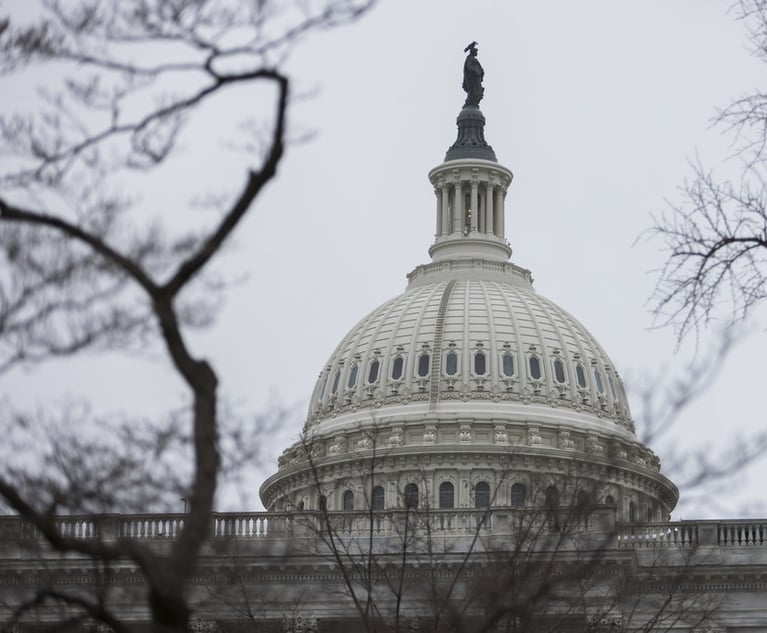One of Britain’s most prominent tech tycoons, Mike Lynch, was hit with a damning court judgment that said he dressed-up his software company to dishonestly persuade Hewlett Packard Enterprise Co. to buy it, damaging his chance of staving off extradition to the U.S. to face criminal charges.
HP was “induced to buy” Autonomy Corp., Judge Robert Hildyard said, reading a summary of his judgment on Friday. While HP was seeking $5 billion in damages from Lynch, the judge said the amount is likely to be “substantially” less. The tech entrepreneur can appeal Friday’s decision.
All attention will now turn to the U.K. government, which has until the end of the day to decide whether to extradite Lynch to the U.S. where he faces criminal charges that he orchestrated a massive fraud at Autonomy. The ruling damages his chances of staving off being sent to the U.S.
Lynch, who personally made $850 million from the sale of the firm he built into the U.K.’s second-largest software company, was sued for $5 billion by HP in 2015. The Silicon Valley company alleged that Lynch and his chief financial officer Sushovan Hussain illegally bolstered revenue wherever they could, including by disguising hardware sales and booking fake transactions, to dress Autonomy up for a sale.
“Dr. Lynch and Mr. Hussain kept a very careful watch over revenues, especially toward the end of a quarter when Autonomy would have to post its results,” Judge Hildyard said. “I have reached clear conclusions in these proceedings on the civil liability of Dr. Lynch and Mr. Hussain for fraud.”
The judgment is the latest in a hard fought battle for Lynch stemming from the sale of his software company Autonomy to Hewlett Packard for $11 billion in 2011. The Silicon Valley hardware giant wrote down the value of the company by $8.8 billion a year later.
“The hardware reselling program was conceived, expanded and implemented in order to enable Autonomy to cover shortfalls in software,” the judge said. “The purpose of the hardware reselling strategy/program was dishonest, and the way it was accounted for depended on its dishonest presentation.”
“The defendants were well aware of this,” he said.
Lawyers for both Lynch, Autonomy and didn’t immediately respond to requests for comment.
The nine-month, 40 million-pound ($53.6 million) civil trial was among the longest and most expensive in modern British history.
Lynch used the platform to argue that HP had simply run his firm into the ground, painting a picture of an American corporation riven with infighting that he documented with emails shown for the first time.
“Dr. Lynch and Mr. Hussain defrauded and deliberately misled the market and Hewlett Packard,” a spokesman for HPE said in a statement. “HPE is pleased that the judge has held them accountable.”
Lynch, one of the U.K.’s most prominent businesspeople and adviser to former Prime Minister David Cameron, lost his first attempt at preventing extradition when a judge said in July he should be sent to the U.S. He’d insisted from the outset that the case should not be heard in the U.S., asserting that none of the alleged misconduct took place overseas.
This is the critical political moment in Lynch’s case. The extradition is a test of the U.K.-U.S. extradition treaty, which critics call highly unequal. Home Secretary Priti Patel and the Conservative Party have regularly fought the courts over recent rulings and are considering ways to curtail the powers of judges.
Jonathan Browning and Ellen Milligan report for Bloomberg News.
NOT FOR REPRINT
© 2024 ALM Global, LLC, All Rights Reserved. Request academic re-use from www.copyright.com. All other uses, submit a request to [email protected]. For more information visit Asset & Logo Licensing.


 Mike Lynch, former chief executive officer of Autonomy Corp. Photo: Simon Dawson/Bloomberg
Mike Lynch, former chief executive officer of Autonomy Corp. Photo: Simon Dawson/Bloomberg




